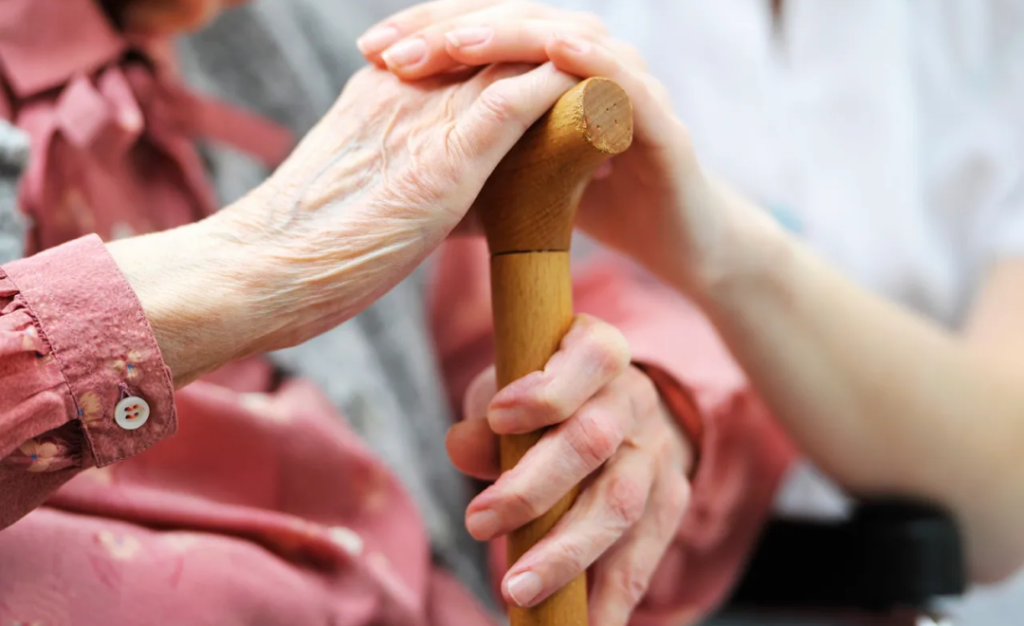Napping Power: Boosting Brain Health Through Daytime Rest

A team of scientists from University College London and Uruguay has discovered the significant advantages of daytime napping and its impact on brain health. Contrary to common beliefs associating napping with laziness, this study reveals the potential of regular napping to contribute to larger brains and improved cognitive outcomes. The best cognitive benefits were associated with short naps of 30 minutes or less, and napping earlier in the day minimized disruption to nighttime sleep. Incorporating this simple yet effective habit into our daily routines may be a game-changer for brain health as we age.
The researchers from University College London and Uruguay aimed to explore the connection between daytime napping and brain health. Their findings, published in the respected Journal of Neuroscience, challenge preconceived notions and provide intriguing insights into the potential benefits of this restorative practice.
Contrary to popular belief, regular napping enhances brain health instead of hindering it. The researchers found that individuals who took regular short naps had significantly larger brains compared to those who didn't nap at all. These findings suggest that napping could be crucial for maintaining cognitive function as we age.
To maximize the cognitive advantages of napping, the researchers emphasize the importance of keeping naps brief. Naps lasting 30 minutes or less were found to optimize cognitive function, improving memory, creativity, and overall mental sharpness. Napping for longer durations didn't offer any additional benefits and sometimes led to grogginess and disorientation upon waking up.
The timing of napping also played a pivotal role in reaping its rewards. Napping earlier in the day, preferably before 3:00 pm, had the least impact on nighttime sleep. This ensures that the nap doesn't disrupt the natural sleep-wake cycle, allowing for more restful and rejuvenating sleep at night.
Interestingly, the study also revealed the potential influence of genetics on the impact of napping on brain health. Certain genetic factors were linked to larger brains in individuals who regularly took short naps. This suggests that our genetic makeup may play a role in how napping affects our brain health and cognitive abilities.
With compelling evidence supporting the power of napping, experts now advocate for its integration into our daily routines. By dedicating a short period of time during the day to a revitalizing nap, we could enhance our brain health and potentially prevent cognitive decline in the long term.
Napping not only offers cognitive benefits but also provides a much-needed break from the demands of our daily lives. In a fast-paced world where burnout and chronic stress are common, taking a few moments to recharge can have a profound impact on our overall well-being.
In conclusion, the groundbreaking research by University College London and Uruguay dispels the notion that napping is laziness. On the contrary, regular short naps have been shown to promote brain health, improve cognitive function, and potentially mitigate age-related decline. By embracing the potential of napping and incorporating it into our daily routines, we can harness the benefits of this simple yet transformative practice for a healthier and more vibrant brain.




